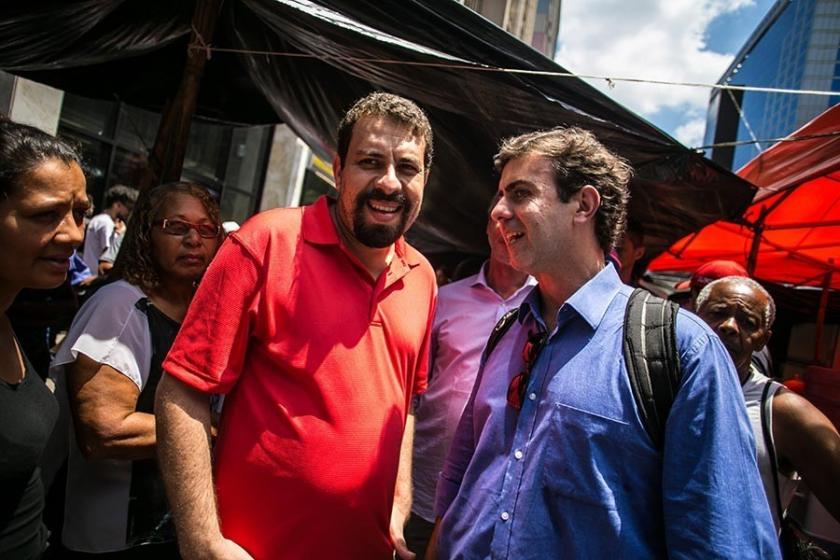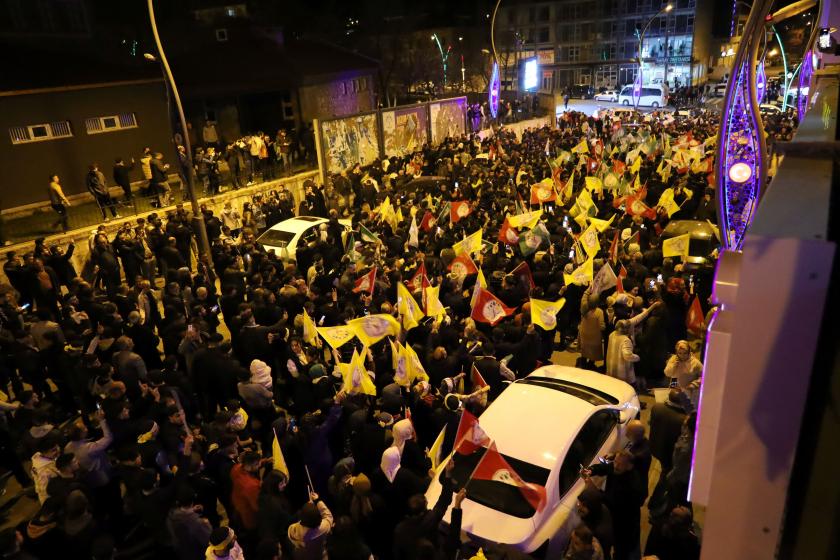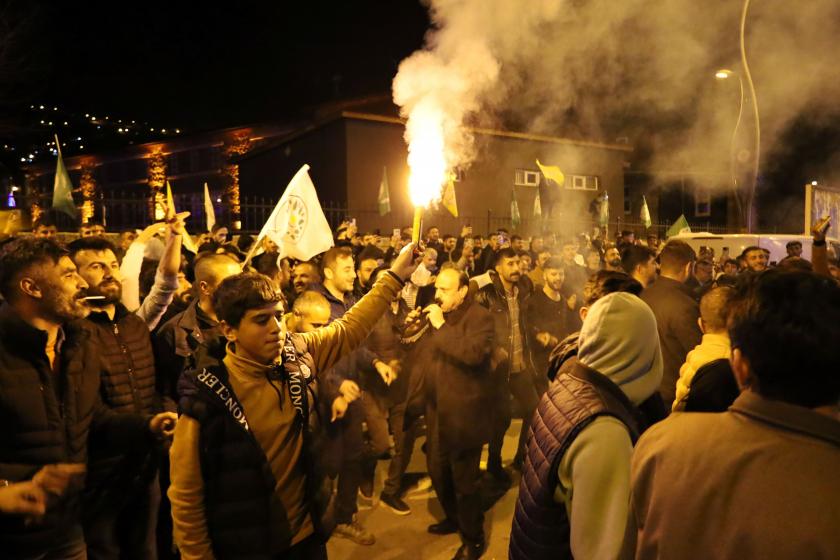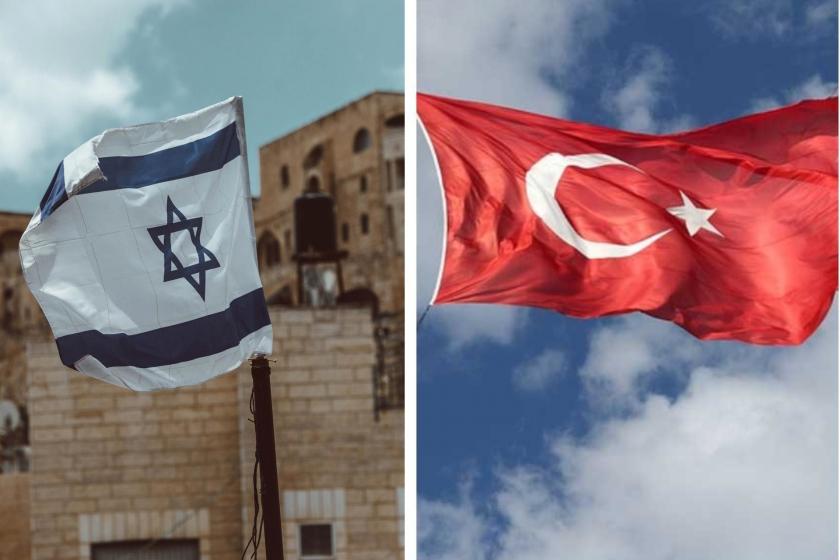
Guilherme Boulos, candidate of the leftist organisations in Brasil.. Photograph: Wikimedia Commons
Sandino Patriota
São Paulo
The parliamentary coup that took place in Brazil in 2016 brought profound damages to the working class. A group of gangsters, accused of all kinds of corruption, were installed in power. In collusion with deputies and senators, who are also corrupt, they adopted the cruelest measures against the Brazilian people in just two and a half years.
Without any legitimacy, they altered the federal constitution to prevent the increase of public investment (Healthcare, Public Education, etc) until 2037, which would have risen in levels above the inflation of the previous year. They modified labour laws; allowing any type of outsourcing of the labour force and withdrawing rights gained by workers since 1930. They proceeded to plunder national wealth; selling profitable oil wells in the pre-salt region at a banana price, and allowing the sale of the Embraer aircraft company to American company Boeing. These measures generated one of the historically highest levels of unemployment in the country, with almost 14 million people unemployed. Industrial production is steadily declining, while profits and interest paid to bankers and rentiers are increasing.
To stop the popular strikes and mobilisations, they installed a climate of fear and persecution. The federal army continues to play the role of police in the state of Rio de Janeiro, while the murder of councillor Marielle Franco and her driver Anderson Silva, which occurred in the city of Rio itself, is still unsolved.
Social-democrat forces, vanguarded by the Workers' Party and former president Lula, bet all their chips in the next elections, subjecting the whole process of popular struggle to electoral tactics. The cessation of Lula's candidacy for corruption allegations - such a decision was never taken against any right-wing politician for similar or more serious crimes - added to the increasingly evident corruption within the judicial system, made social democracy a political victim; social democrats managed to gather popular support and this made it possible for them to put a sociologist from São Paulo, Fernando Haddad, as their new candidate.
Demoralized by its role in the coup of 2016, traditional neoliberal right-wing was unable, so far, to put forward a competitive candidate in this election. This place was occupied by Jair Bolsonaro. An MP in parliament for more than twenty years, Bolsonaro is a former army captain who supported and apologized for the fascist military dictatorship that ruled Brazil from 1964 to 1985.
Bolsonaro appeals to the middle class and organized members of the military, regional military police, judiciary, and Christian preachers for a campaign of hate that attacks the rights of homosexuals, women and promoting racism.
Bolsonaro is a committed anti-communist, he tries to match his image with that of Donald Trump. Despite being the most rejected candidate by the population, he has an electoral base that can lead to him getting the most votes in the first round.
The candidacy of Jair Bolsonaro is the symptom of the advance of fascist social forces in Brazil. Brazil is one of the region's countries with a large middle class, especially in medium-sized cities. With a broad racist tradition, especially against the black population, Brazil was one of the last countries in the world to abolish slavery (in 1888). Patriarchy also marks a violent society; more than fifty thousand rape cases are reported every year.
In this adverse scenario, revolutionary left worked to concentrate its action on the reorganization of the forces of resistance. A new legal party, called Unidad Popular (UP), collected more than one million signatures and is in the process of being founded, overcoming the enormous difficulties imposed by electoral law. A candidacy for the unity of many social movements of rural and urban areas was promoted; headed by Guilherme Boulos and the indigenous Sonia Guajajara, through the Socialism and Freedom Party (PSOL).
Women are at the forefront of this resistance. For years, women’s movement was at the forefront of social struggle and has become the main trench of struggles against fascism and against the coup. A huge united antifascist front was formed with women at the helm. The movement called #EleNão (#NotHim) mobilized a massive demonstration on September 29 and can be decisive in the result of the elections.
All predictions are that there will be a second round of voting, as no candidate is expected to reach more than 50% of the valid votes in the first ballot. These elections are another episode of a long struggle that will be waged by the working class to get out of this serious crisis, created by the bankers and monopolies. (EVRENSEL DAILY)



